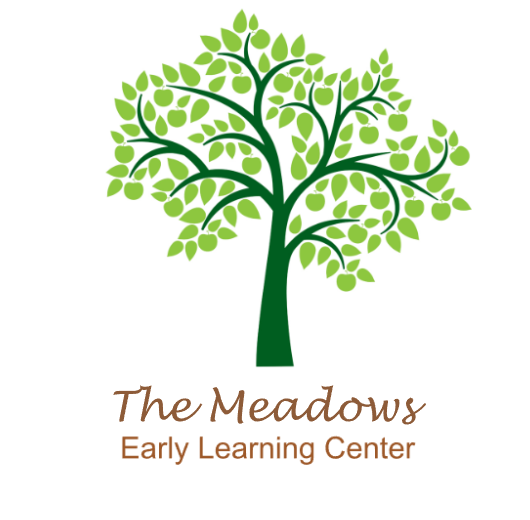Why Toddler Socialization Is So Incredibly Important (And Why Now Is the Moment to Enroll)
If your toddler just discovered the word “mine,” congratulations—you’ve entered peak social-skills season. Ages 2–3.5 are when kids learn how to be with other humans: sharing (eventually), waiting (briefly), and using their words (adorably). At The Meadows Early Learning Center in Parker, CO, we build these skills on purpose—through play, routines, and warm, consistent relationships. Translation: fewer meltdowns, more “I did it!” moments.
What “socialization” actually means for toddlers
Parallel → cooperative play: Moving from “play near you” to “play with you.”
Language boom: Toddlers go from labels (“ball!”) to short sentences (“my red ball!”) because they hear peers and adults modeling language all day.
Emotion regulation: Learning to name feelings, wait a turn, ask for help, and bounce back after disappointments.
Executive function: Tiny prefrontal cortex workouts—listening, following simple instructions, switching activities, cleaning up.
Confidence + independence: New skills + safe boundaries = brave little humans.
Why it matters long-term
Strong toddler social skills predict smoother preschool transitions, easier kindergarten readiness, better problem-solving, and happier group experiences (sports, classes, birthday parties—the whole social buffet). The earlier we practice, the faster those “big feelings” become manageable.
What it looks like at The Meadows (ages 2.5–3.5)
Predictable routines: Arrival, circle, centers, outdoor play, lunch, rest, small groups. Consistency reduces anxiety and frees up brain space for learning.
Language everywhere: Teachers narrate, label, and expand: “You’re waiting. That’s hard. Let’s count together… now it’s your turn.”
Guided practice: Social stories, role play, puppets, and LOTS of coached turn-taking.
Potty-learning partnership: Readiness-led, positive, consistent between home and school.
Outdoor movement: Gross-motor play to burn energy and improve self-regulation.
Cozy regulation spots: Calm corners, breathing tools, and teacher co-regulation so little bodies can reset.
Common parent worries (and our approach)
Separation anxiety: Short goodbyes, quick check-ins, and highly engaging starts to the day. Most toddlers settle within minutes once the fun begins.
Biting: It’s developmentally common. We supervise closely, track patterns, redirect proactively, and teach gentle hands. Safety + learning, always.
Germs: We follow strong hygiene practices (handwashing, sanitation, stay-home-when-sick policies) and teach healthy habits.
Signs your toddler is ready for a peer-rich classroom
Curiosity about other kids (“hi!” + stalking them in the cutest way)
Big feelings that need coaching (sharing, waiting, transitions)
Language taking off—or needing more models
Constant movement and problem-solving needs (aka: your house is now a climbing gym)
How to boost social skills at home (bonus points!)
Narrate feelings and solutions: “You’re frustrated. Let’s try a turn timer.”
Offer small choices: “Blue cup or green cup?”
Practice waiting with visuals/timers.
Set up short, structured playdates with clear activities (bubbles, blocks, play-dough).
Keep goodbyes confident and brief. (We’ll take it from there.)
Enroll Now—This Age Group Fills Fast
Our Early Preschool (2.5–3.5) classrooms have limited spots each fall. Book a tour, see the routines in action, and let us map a schedule that works for your life.
Next step: Shoot us a message or call to grab a tour time. If you’re even considering a start in the next 60–90 days, get on the calendar now.
